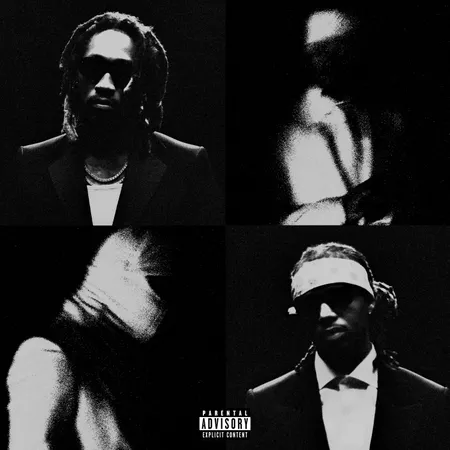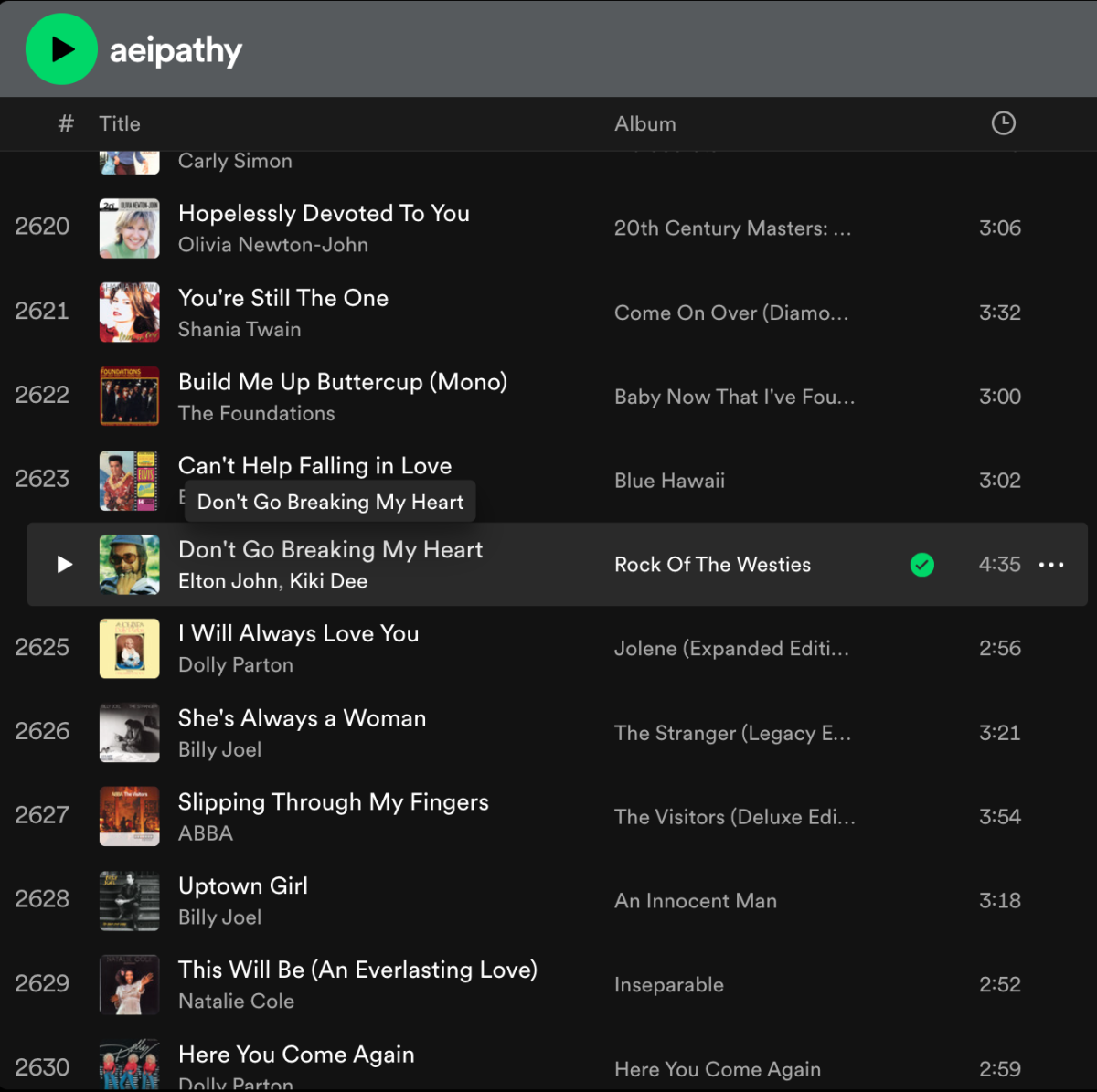The movie Judas and the Black Messiah is a revolutionary relation to power of history

More stories from Meghan Kennedy
The movie cover for Judas and the Black messiah.
Panthers, Police, and prejudice are the preeminent themes in the movie Judas and the Black Messiah.
Taking place in the 1960s during the civil rights movement, this movie follows the whereabouts of William O’Neal (LaKeith Stanfield) and how he plays a significant role in the Black Panther Party—or how he has to deal with the Black Panther Party for that matter.
From the get-go, I was absolutely sold on this film. Lakeith Stanfield is truly one of my favorite actors, along with Daniel Kaluuya who additionally stars in this film as Fred Hampton, a pivotal activist of the civil rights era. Their presence is an automatic assurance for an enticing and in-depth performance in any genre of movie.
The first scene consists of William entering a local bar and questioning the people within it as a posed police officer. He perpetrates an unorthodox search, and while doing so, grabs the keys to a fancy, scarlet-colored car parked out front, and makes his way down the road—but not for long.
Later, at the police station, William is asked by an FBI agent if he would rather pursue five years in federal prison or if he would disguise himself as a member of the Black Panther Party for inside information—the rest is history.
While watching this scene, I loved the immediate suspense and action playing out. Is William an actual cop? What is he going to do? This was all for a car? And the answer is yes, it was all for a car. But this process of questioning Williams’s intentions is very enticing at the very least, and additionally highlights significant plots, characters, and actions from this scene that mend into the climax of the film.
Following William’s arrest, he officially joins the Black Panther Party. He begins to learn the ins and outs of the group and partakes in their missions for equality. He also gets to know Fred Hampton, the leader of the Black Panthers. But growing bonds with other people who also face the same hate and racism makes it difficult to betray their cause—that is where the title comes in.
It includes humor, action, romance, and educational value all packed into one box and delivers a solid two hours and six minutes of influential enlightenment.
Initially after hearing the title “Judas and the Black Messiah,” it was sort of difficult for me to grasp the concept of this movie. But upon watching, the pieces clicked together. William O’Neal represents “Judas” betraying the Black Panthers as well as the “Black Messiah,” referring to Fred Hampton. Ah, yes, the symbolism—I love symbolism.
Another aspect I highly appreciated in this film was the overall retro feel and the color scheme. The costume and set design are an accurate representation of sixties culture through neutral hues and vintage architecture and furnishings. The accuracy is further perpetuated by the soundtrack consisting of all sixties classics relating to the events that occurred.
A majority of the actions and emotions elicited from the Black Panthers are utterly true. Their sole mission was to end racism and seek justice—even if it meant violence, which was the FBI’s reason to send in William in disguise so that they could put it to an end. Obviously, I was not alive during this era, but watching this film did help me reach a higher level of understanding regarding police brutality, civil rights, and the Black Panthers. Before, I had a general knowledge of the history behind racism and discrimination, but this movie painted a way clearer and more detailed picture.
Accordingly, one of the most satisfying parts of this film was the coming together of oppressed groups despite their differing morals, values, and ways of life. In the movie, Black people, Hispanic people, and even white, redneck people all fight alongside each other against the police force. Those groups all have experienced unfair and brutal treatment by the cops, so that factor alone pulled them together in the name of equality and justice. And to no surprise at all, this caused my tear ducts to start stinging.
In terms of relevance today, Judas and the Black Messiah embodies the continuous battle of racism and police brutality throughout history. Decade after decade, death after, Black Americans along with other racial groups and social classes are still inadequately treated by the police, frequently forcing communities to mourn the loss of innocent individuals. This film additionally shows what it is like for families and friends who are given the burden of having a loved one being murdered due to ignorance and hatred by the ones who are supposed to protect.
By the end of my viewing this movie, I left with a greater sense of knowledge on historical mistreatment by police officers and the intentions of the Black Panther Party. Judas and the Black Messiah was a compelling, informative, and powerful film that took unprecedented twists and turns to deliver the message. The performance and acting was unbelievable—proved by the Golden Globe nominations—and not one end of the story was left open. There was never a lack of interest and action, and every detail flowed with accuracy and impact.
I have now watched yet another momentous film in diverse representation and overall nature and in the past have managed to succumb to mindless movies with no importance, where Judas and the Black Messiah is quite the opposite. It includes humor, action, romance, and educational value all packed into one box and delivers a solid two hours and six minutes of influential enlightenment.

Meghan. also known as Meggie, is living up her senior year on The Central Trend. Starting out with a new role as Podcast Manager, Meggie is looking forward...


























































































